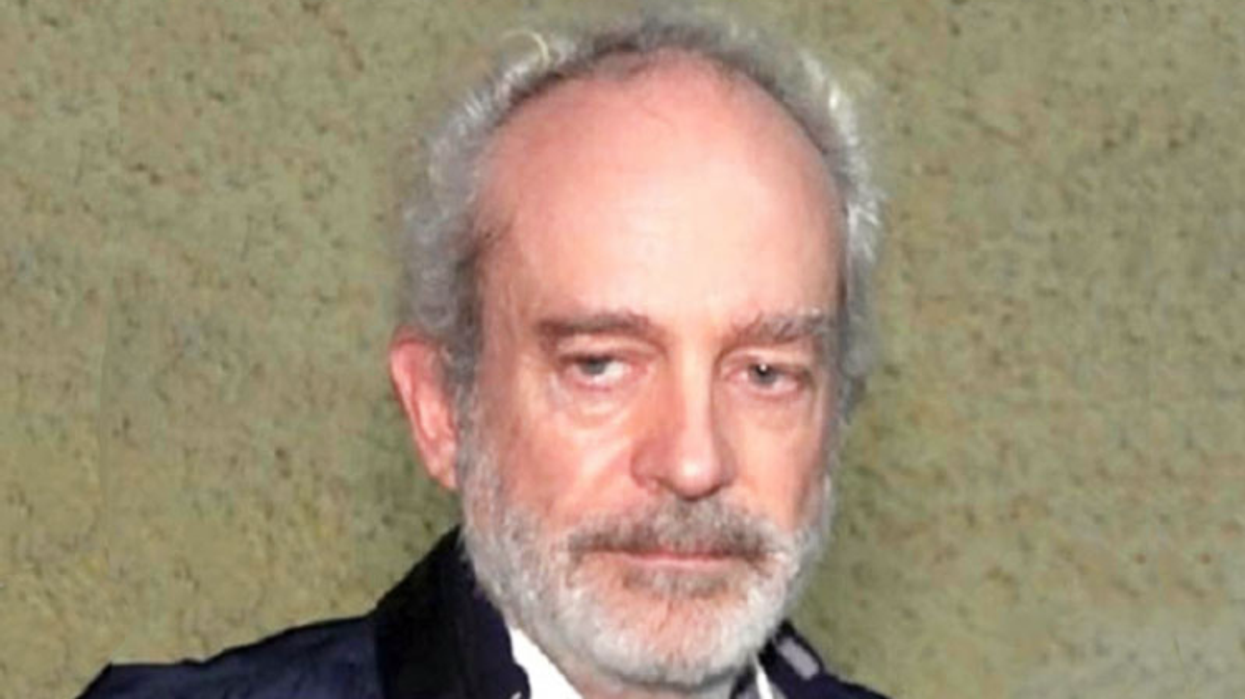THE family of Christian Michel, the British businessman accused of acting as a middleman in the AgustaWestland VVIP helicopter deal, has appealed to the UK government to push for his release from Delhi’s Tihar Jail.
Michel’s relatives met Foreign Office minister Catherine West in London on Tuesday (26). The Foreign, Commonwealth and Development Office (FCDO) said the minister listened to their concerns and updated them on ongoing steps being taken.
The case was also raised by prime minister Keir Starmer with his Indian counterpart, Narendra Modi, during his recent visit to London for the signing of the India-UK free trade agreement.
“The UK government is committed to seeing Christian Michel’s case resolved as soon as possible,” an FCDO spokesperson said. “We continue to provide consular assistance to Mr Michel and his family and have consistently raised his case with the Indian government.”
British officials at the High Commission in Delhi regularly meet Michel in detention, most recently on August 14.
Michel’s son, Alois, said: “An Indian court has recently rejected my father’s appeal for release from prison, even though he has already served the maximum sentence of seven years for the charge on which he was extradited. I have requested the UK government to approach the International Court of Justice because India is not respecting its obligation to the rule of law.”
Indian courts have ruled that Michel still faces charges, including forgery, which could carry a life sentence. He was extradited from Dubai in December 2018 and arrested by the CBI and Enforcement Directorate (ED).
The ED claims Michel received £25.8 million in kickbacks from AgustaWestland, allegations he denies. According to investigators, the helicopter deal signed in February 2010 caused losses of around £341m to the Indian exchequer.
In February this year, the Supreme Court of India granted Michel bail in a CBI case, followed by a Delhi High Court order granting bail in the ED case. However, he has yet to furnish bail bonds. His family fears that accepting bail terms may lead to further charges.
(PTI)





